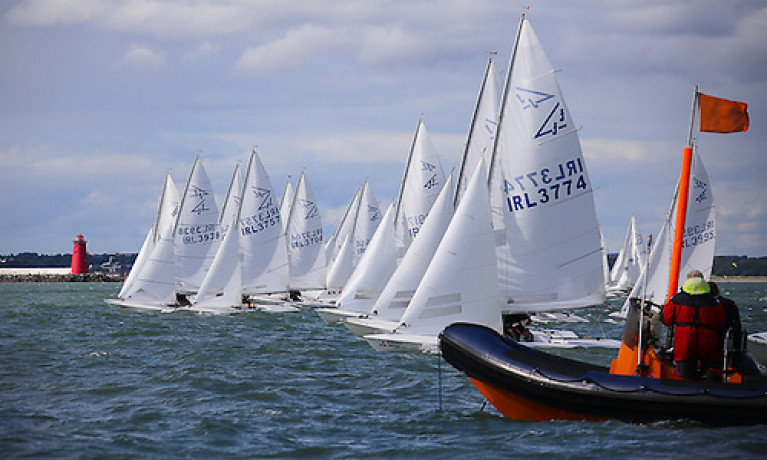Displaying items by tag: Affordability
What Is The State Of Sailing In 2020?
With Covid-19 restrictions the world over giving pundits some pause to consider sailing’s overall health and prospects, Scuttlebutt Sailing News’ Craig Leweck has three observations when considering the ‘state of the sport’ in 2020:
- When the cost in time and money to participate exceeds the pleasurable benefit, people seek alternative activities.
- Better isn’t always best, as the natural inclination for improvement slowly eliminates those that choose not to chase the rising bar.
- We are capable of evolving toward extinction.
It’s an old story that as the technology that underpins a sport or pastime improves, its costs can and often do rise with it. In sailing that means everything from sails and cordage to electronics and hardware — and much of it unnecessary for the outliers, those with non-professional aspirations, who breathe life into sailing communities.
Leweck laments: “At some point in time our pursuit of perfection took over our weekend regattas, and every course configuration became windward-leewards, and every event took on the format of a world championship.”
But the good news, Leweck says, is that the basic still apply and “you can still affordably get into this sport”, via the likes of fibreglass keelboat classes “that provide sturdy platforms for racing” and are conducive to keeping interest up.
His sentiments echo those of our own W M Nixon, who has also mulled over the cruising-racing divide, who wrote recently: “In the end, it is the prospect of regular quality racing which is the real engine in keeping any class motoring along. Yet even here, realistic local expectations are much more relevant than high-flown aspirations towards course-setting perfection in yacht racing.”
Scuttlebutt Sailing News has much more on the story HERE.
























































